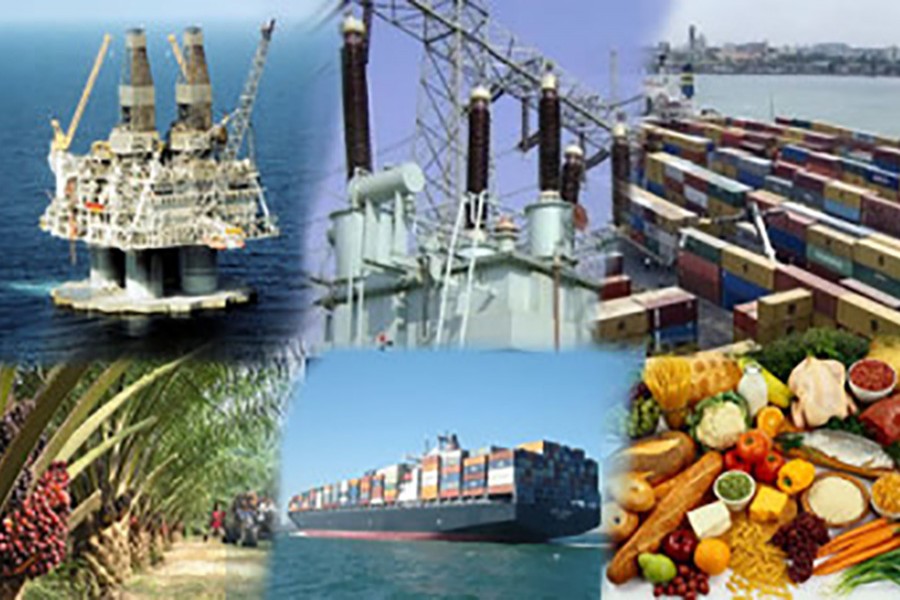Nigerian economy returned to growth in 2017 after suffering its first recession in a generation the previous year, data released from the country’s statistics office showed on Tuesday.
The Gross Domestic Product (GDP) of the West African country grew by 0.83 per cent in 2017 after shrinking by 1.58 per cent in 2016, which was its first annual contraction in 25 years, data showed.
The OPEC member fell into recession in 2016 largely as a result of low crude prices and militant attacks on energy facilities in the Niger Delta. Crude sales make up two-thirds of government revenue.
The largest economic country of Africa returned to the growth in the second quarter of 2017 but the recovery has been fragile since it is largely due to higher oil prices, reports Reuters.
The International Monetary Fund (IMF) said in December that the Africa’s biggest oil producer’s economy remains vulnerable.
Growth in the last quarter of 2017 rose to 1.92 per cent compared to a 1.73 per cent contraction in the same period of the previous year, according to the National Bureau of Statistics (NBS) data.
Oil production rose to 1.91 million barrels a day (mbpd) in the fourth quarter from 1.76 mbpd in the same period of 2016, the statistics office said.


